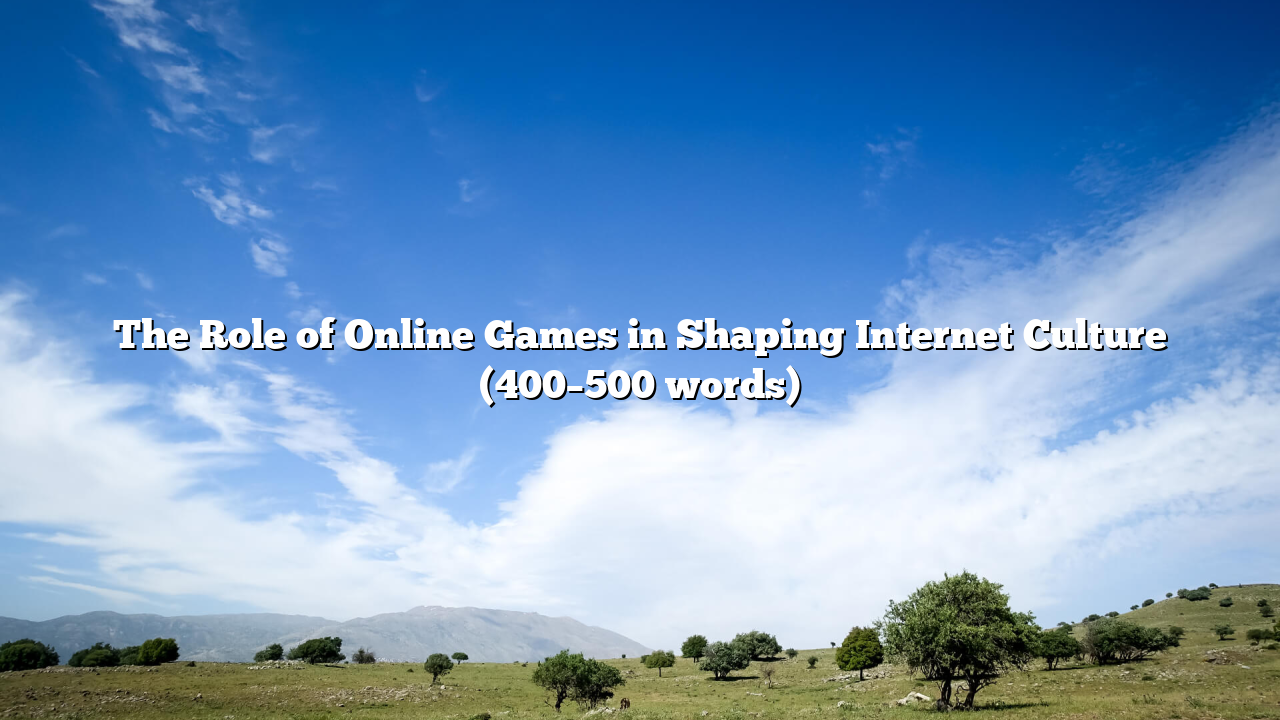Online games have played a pivotal role in shaping internet culture, influencing everything from memes to communication styles. In the early 2000s, online mahjong288 games became some of the first major social spaces on the internet. MMORPGs like “World of Warcraft” and chat-based games created environments where shared humor, slang, and traditions spread quickly among players.
One of the earliest examples of gaming-driven internet culture was “Leeroy Jenkins,” a viral video from World of Warcraft that became a global meme. Online games also popularized abbreviations like “GG,” “AFK,” and “Noob,” many of which have since entered mainstream digital communication.
Online gaming communities on forums, fan sites, and later social media created vast networks of content creation. Players shared guides, fan art, machinima videos, and later livestreams. Platforms like YouTube and Twitch owe much of their early growth to gaming-related content.
Esports further shaped internet culture by creating new forms of online fandom. Fans discuss strategies, celebrate professional players, and participate in global events through streams and social media. Memes, esports moments, and streamer personalities have become cornerstones of digital culture.
Additionally, online games influence music, fashion, and virtual identity. Games like “Roblox,” “Fortnite,” and “VRChat” serve as creative spaces where players design their own avatars, clothing, and experiences. These digital identities often extend into social media, creating hybrid online-offline cultures.
In many ways, online games have acted as cultural incubators—spaces where social trends emerge long before they reach wider internet communities. Their impact continues to grow as gaming becomes an increasingly central part of global digital life.
